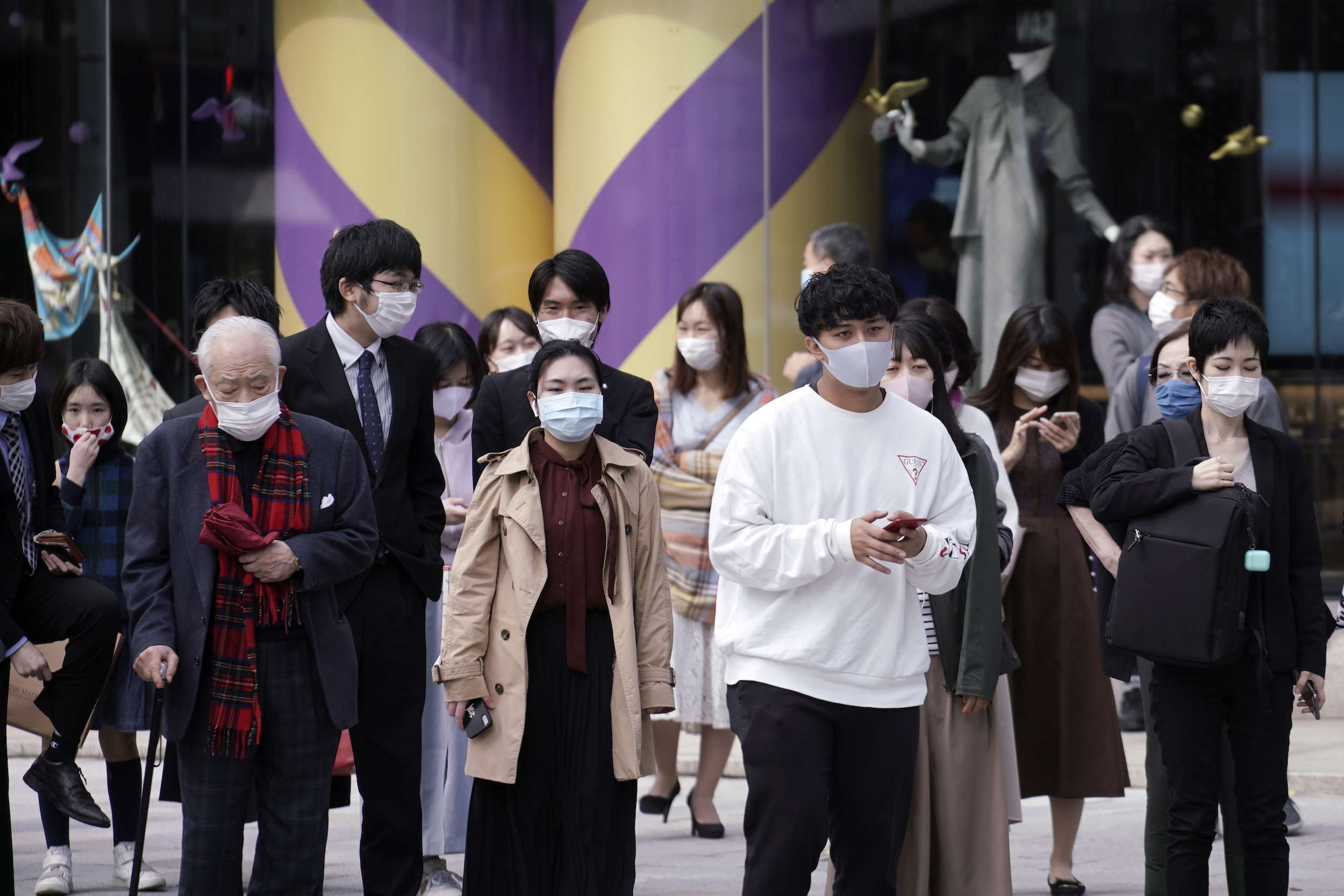The government's campaign to get more people to apply for My Number identification cards, which streamline the use of the My Number system in social security and taxation matters, hasn't been entirely successful, mainly owing to the public's concern over privacy issues. Every resident of Japan has been issued a 12-digit My Number, so the trick is to persuade people to apply for the card, which contains a chip that will someday connect to individual information in the government's database. Some people who applied for the card in order to receive their pandemic-related government payout earlier this year found that it was not necessarily an easy process.
One person who is eager to get more cards in the hands of the public is Heizo Takenaka, minister of internal affairs and communications during the administration of Prime Minister Junichiro Koizumi and currently an adviser to Prime Minister Yoshihide Suga, who used to be his vice minister. Takenaka is currently promoting universal basic income, an idea that has been discussed in other countries as an alternative to conventional social welfare, and feels that adoption of the card is essential to its implementation. Universal basic income is simple: The government provides every person, regardless of age, economic status or employment situation, a fixed monthly payment. In principle, it obviates the need for unemployment benefits and public assistance.
Takenaka outlined his plan during a recent appearance on the BS-TBS news show, "Hodo 1930," saying that universal basic income would replace most public welfare programs. His plan would provide ¥70,000 a month to everyone whose income is already below a certain threshold. If a recipient's income rises above that line, then they would return the stipend. The My Number card would link individual bank accounts to the plan.



















With your current subscription plan you can comment on stories. However, before writing your first comment, please create a display name in the Profile section of your subscriber account page.